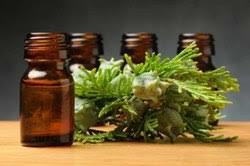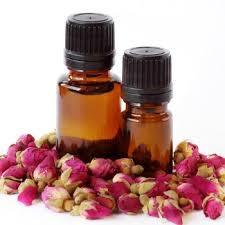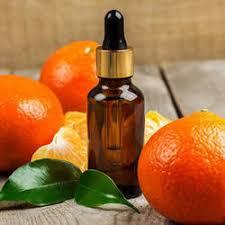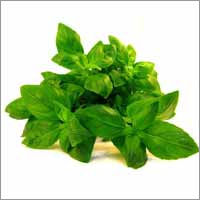
Pure Rose oil
Product Details:
- Odour: Sweet, floral, characteristic aroma
- CAS No 8007-01-0
- Raw Material Flowers
- Appearance Transparent yellowish liquid
- Storage Store in Cool
- Purity 100% Pure and Natural
- Product Type Pure Essential Oils
- Click to View more
Pure Rose oil Price And Quantity
- 1 Bottle
- 3250 INR/Bottle
Pure Rose oil Product Specifications
- 100% Pure and Natural
- Rose
- 8007-01-0
- Store in a cool dark place
- 2 Years
- Sweet, floral, characteristic aroma
- Pure Essential Oils
- Flowers
- Other
- Transparent yellowish liquid
- Store in Cool
Pure Rose oil Trade Information
- Bangalore
- Cash Advance (CA) Cash in Advance (CID) Letter of Credit at Sight (Sight L/C) Telegraphic Transfer (T/T) Letter of Credit (L/C)
- 100 Bottle Per Year
- 3 Days
- Yes
- Contact us for information regarding our sample policy
- 5 Gms & 25 Gms Glass bottles 100 Gms, 250 Gms, 500 Gms, 1 Kg & 5 Kg Aluminium bottles
- Asia Australia Central America North America South America Eastern Europe Western Europe Middle East Africa
- All India
- ISO 9001 : 2015
Product Description
The Rose Damascena shrub grows to about 2 metres in height, the stems are dense with thorns. The leaves are pinnate. The flowers are a pink or red in colour. Rose oil is extracted from the petals of Rose through steam distillation. It has a deep, rosy, fresh aroma, the color ranges from clear to a pale yellow or greenish tint. The main chemical compounds found in Rose oil are nerol, linalool, phenyl ethyl, farnesol, citronellol, geraniol, stearoptene and other ingredients.
Rose oil aids the heart and digestive system, it is used for skin care, is helpful for poor circulation and heart problems which would include heart palpitations, arrhythmia as well as high blood pressure and is also used to boost the liver and gall bladder. For the respiratory system Rose oil assists in cases of asthma, coughs and hay fever, and in the digestive system for liver congestion and nausea, it has a clearing, cleansing, regulating and purifying effect on the female organs and can be used for regulating and balancing hormones, for irregular menstruation, functional infertility, leucorrhoea, menorrhagia, uterine bleeding and other uterine disorders, while having a general toning effect on the uterus. It is most effective for moisturizing and hydrating the skin, while having a general stimulant and antiseptic action, which is good for all skin types, but especially so for dry, mature and irritated skin. It is used to repair broken capillaries, inflammation as well as skin redness and is useful in eczema and herpes.
Rose oil helps in fighting depression, grief, anger and fear, soothes and harmonizes the mind nervous tension and stress and at the same time self-nurturing, self esteem and dealing with emotional problems. It is used in burners and vaporizers, as a blended massage oil or in the bath, in lotions and creams.
Other Products in 'Essential Oil' category
 |

 08045475305
08045475305





